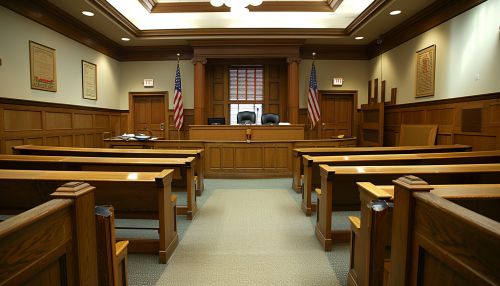Executors Rights to Withhold Beneficiarys Inheritance in Massachusetts
Overview
In the Commonwealth of Massachusetts, the executor of a will has certain rights and responsibilities when it comes to the distribution of a deceased person's assets, also known as the estate. One of these responsibilities is to distribute the assets of the estate to the beneficiaries named in the will. However, there are circumstances where an executor may withhold a beneficiary's inheritance. This article will explore these circumstances in detail, as well as the legal ramifications and potential recourse for beneficiaries.
Role of the Executor
The executor, also known as the personal representative, is appointed by the probate court to administer the estate of the deceased. This role includes identifying and gathering the assets of the estate, paying off any debts or taxes, and distributing the remaining assets to the beneficiaries as stated in the will. The executor is bound by the fiduciary duty to act in the best interest of the estate and its beneficiaries.
Circumstances for Withholding Inheritance
There are several circumstances under Massachusetts law where an executor may withhold a beneficiary's inheritance. These include:
- Outstanding Debts and Taxes: If the estate has outstanding debts or taxes, the executor is legally obligated to use the assets of the estate to pay these off before distributing the remaining assets to the beneficiaries.
- Disputes or Litigation: If there is a dispute over the will or a claim against the estate, the executor may withhold distribution of the assets until the matter is resolved.
- Incomplete Administration: The executor may withhold distribution if the administration of the estate is not yet complete. This could be due to a variety of reasons, such as a delay in selling property or other assets.


Legal Ramifications
If an executor withholds a beneficiary's inheritance without a valid reason, they may be held liable for breach of fiduciary duty. This could result in the executor being removed from their role and potentially facing legal penalties. In some cases, the executor may also be required to pay interest on the withheld inheritance.
Recourse for Beneficiaries
Beneficiaries who believe their inheritance is being unjustly withheld have several options for recourse. They can:
- Request an Accounting: Beneficiaries have the right to request an accounting of the estate, which details the assets, debts, and distributions of the estate.
- Petition the Court: If the executor refuses to provide an accounting or if the beneficiary disagrees with the accounting, they can petition the probate court to intervene.
- Legal Action: If the court finds that the executor has breached their fiduciary duty, the beneficiary may be able to take legal action against the executor.
Conclusion
While executors have the right to withhold a beneficiary's inheritance under certain circumstances, they must do so in accordance with Massachusetts law and their fiduciary duty. Beneficiaries have legal recourse if they believe their inheritance is being unjustly withheld.
